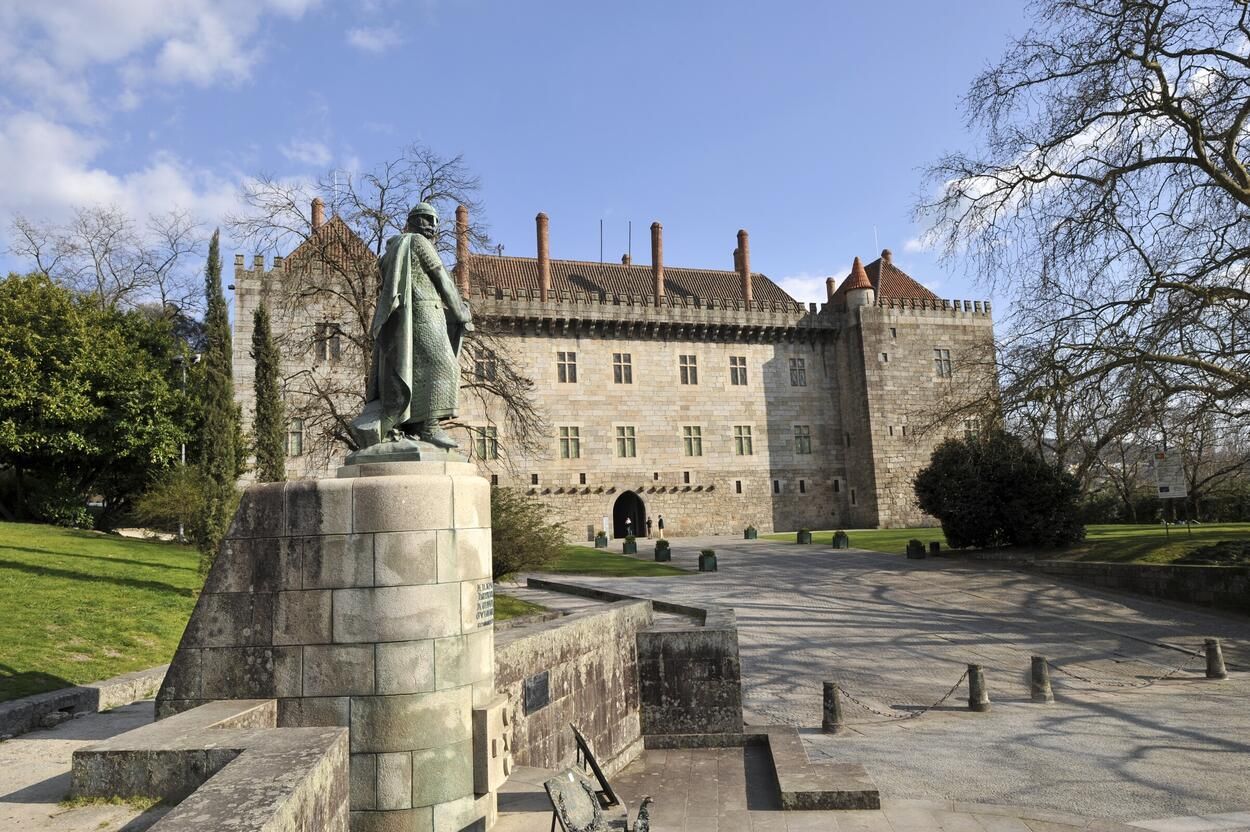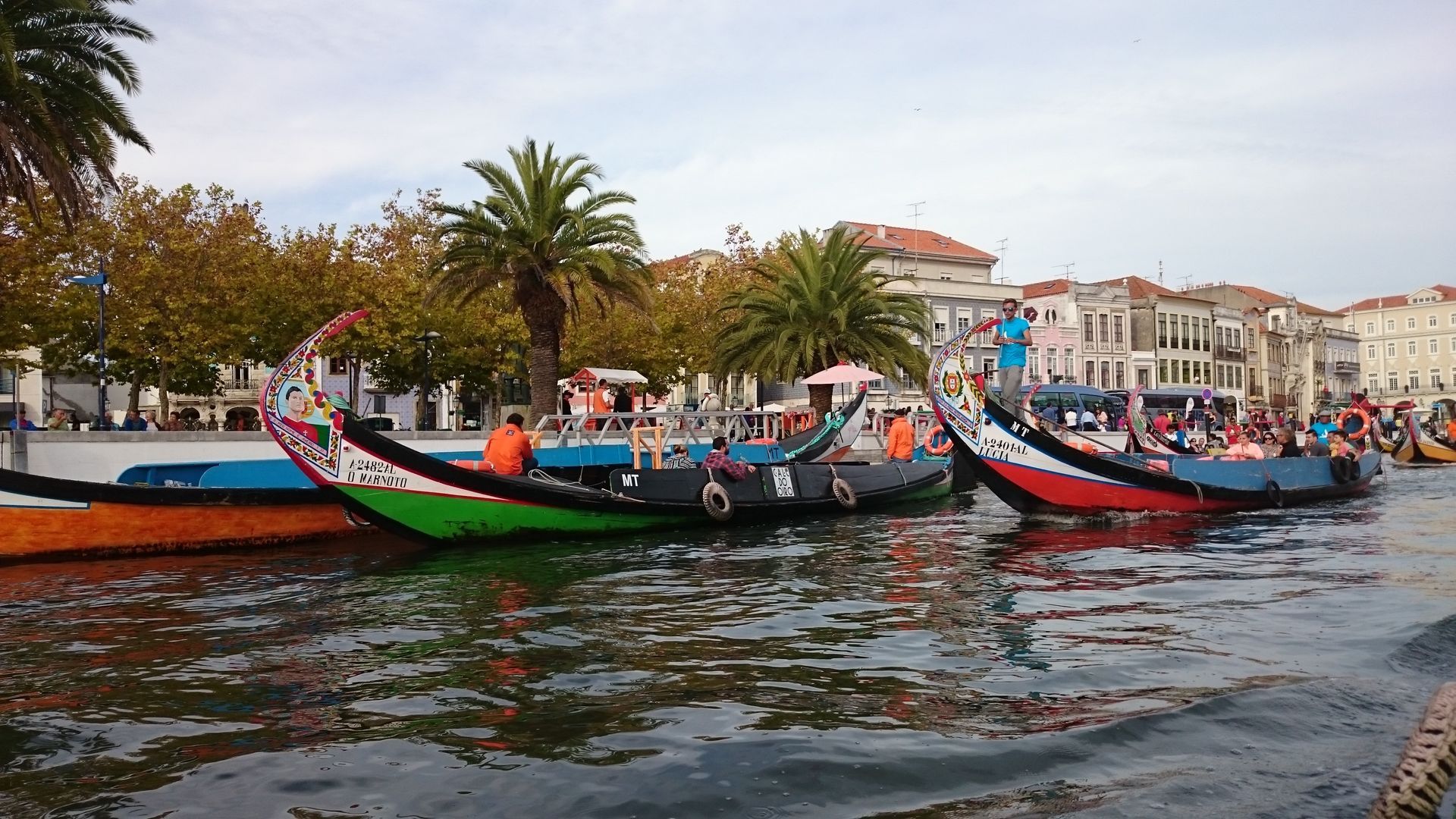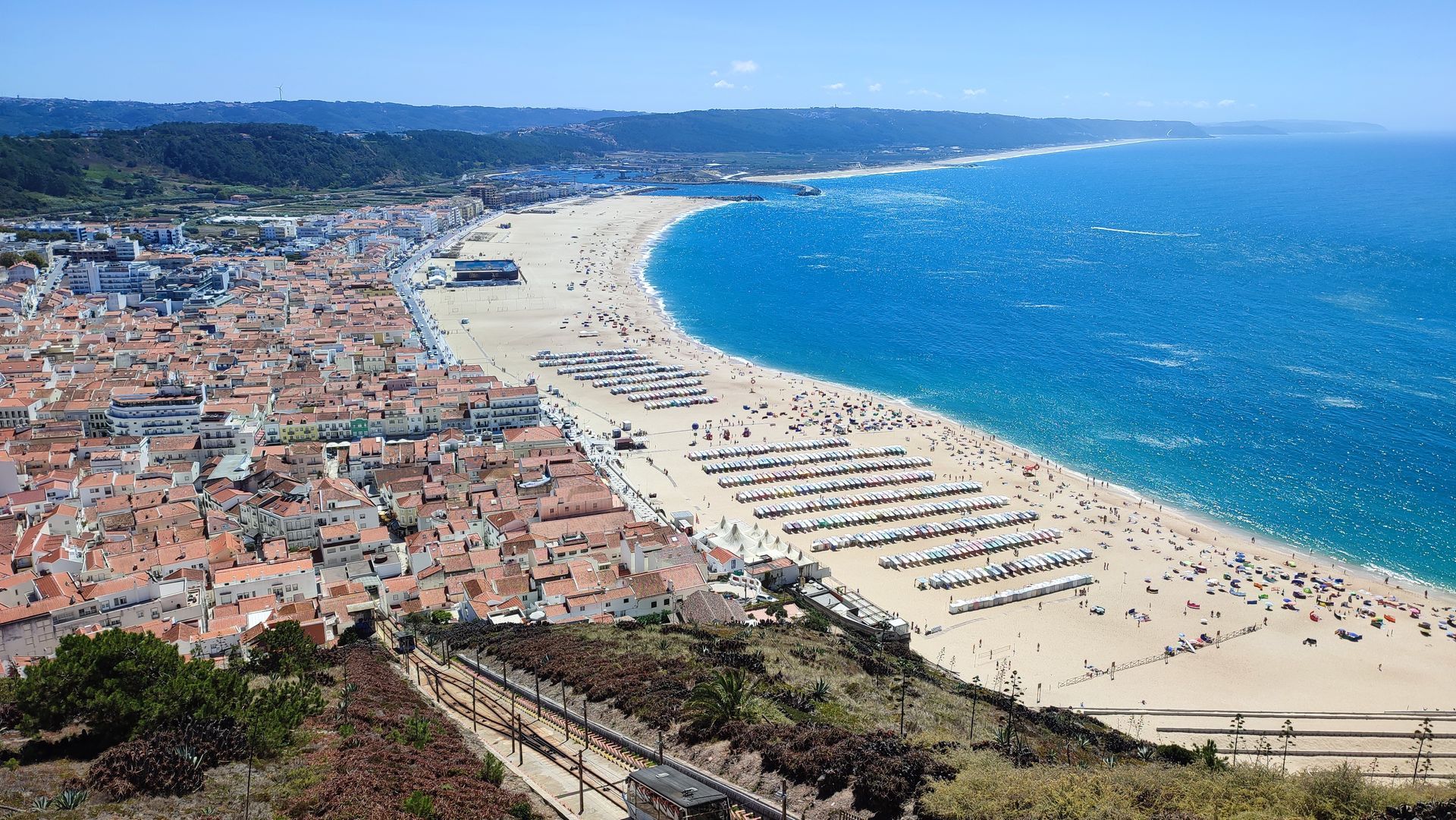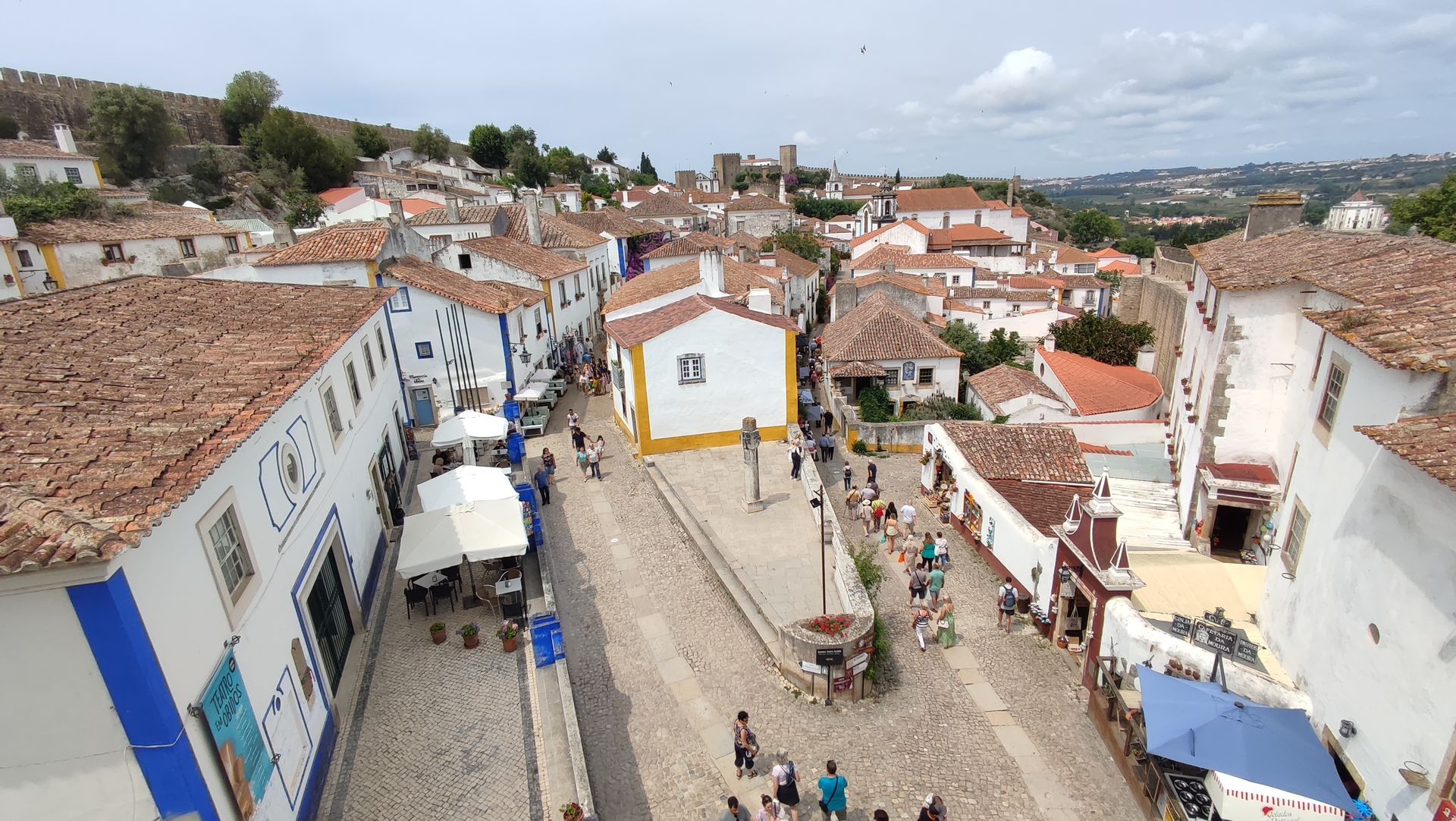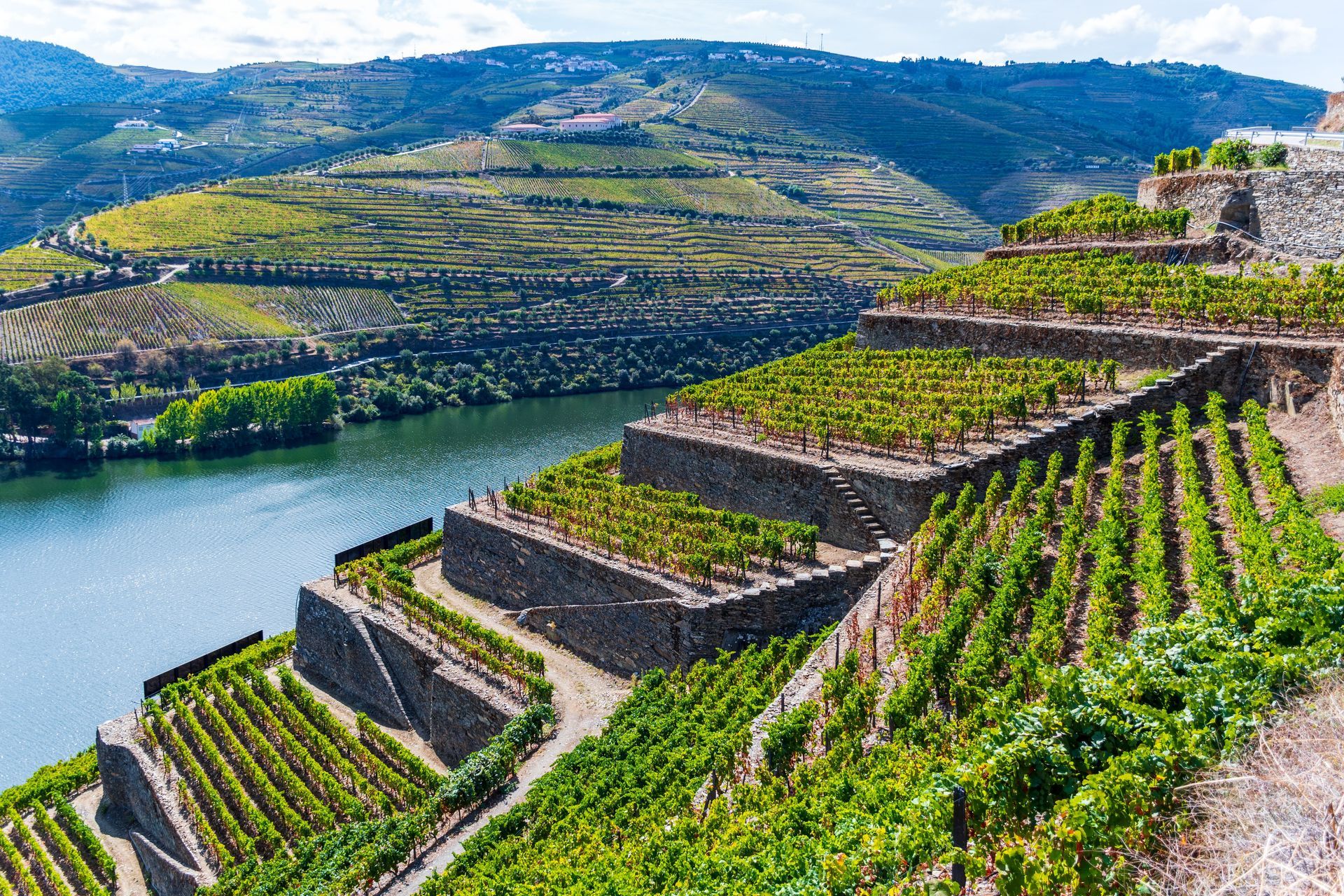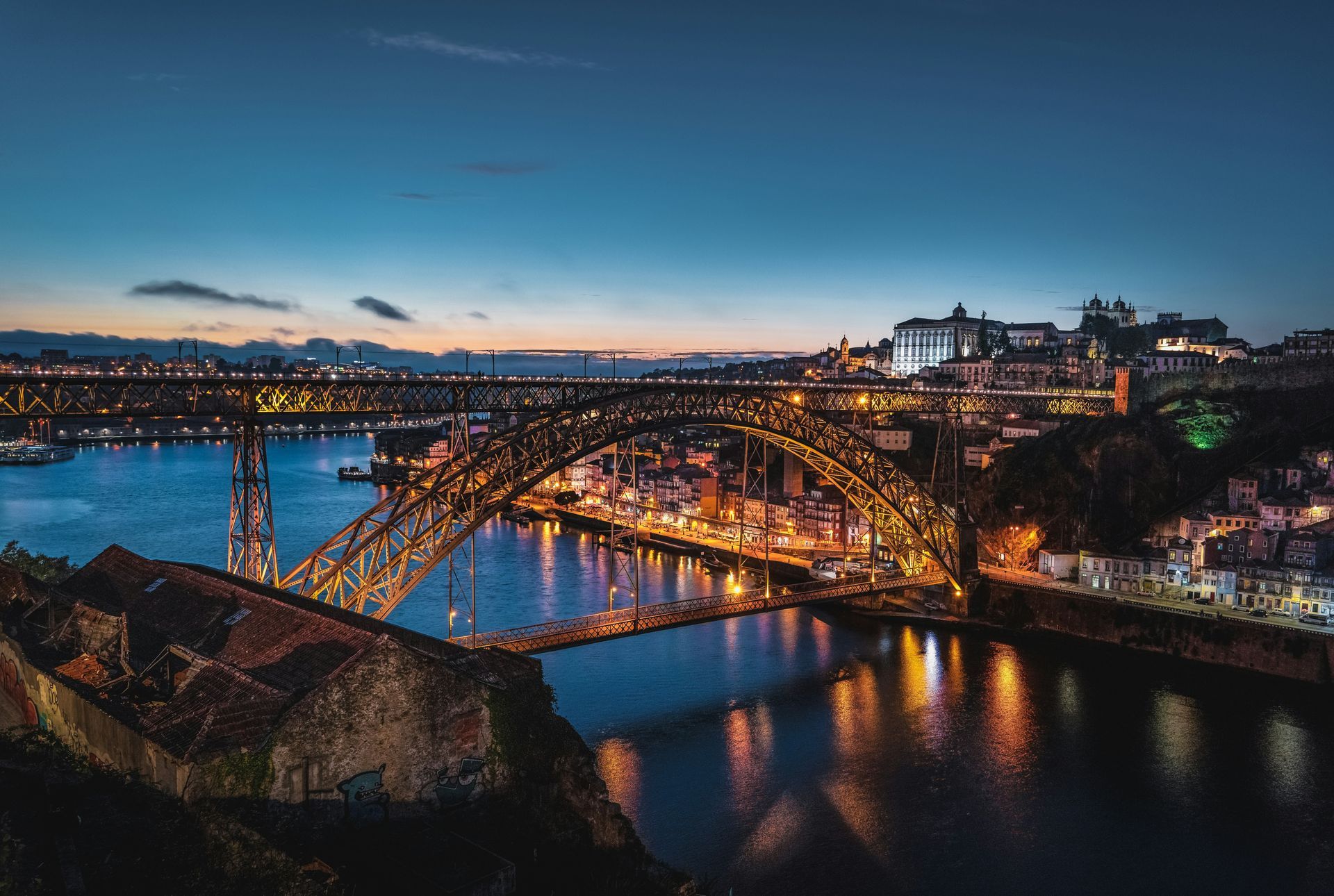Harvest Season Begins in the Douro Amidst Crisis and Protests
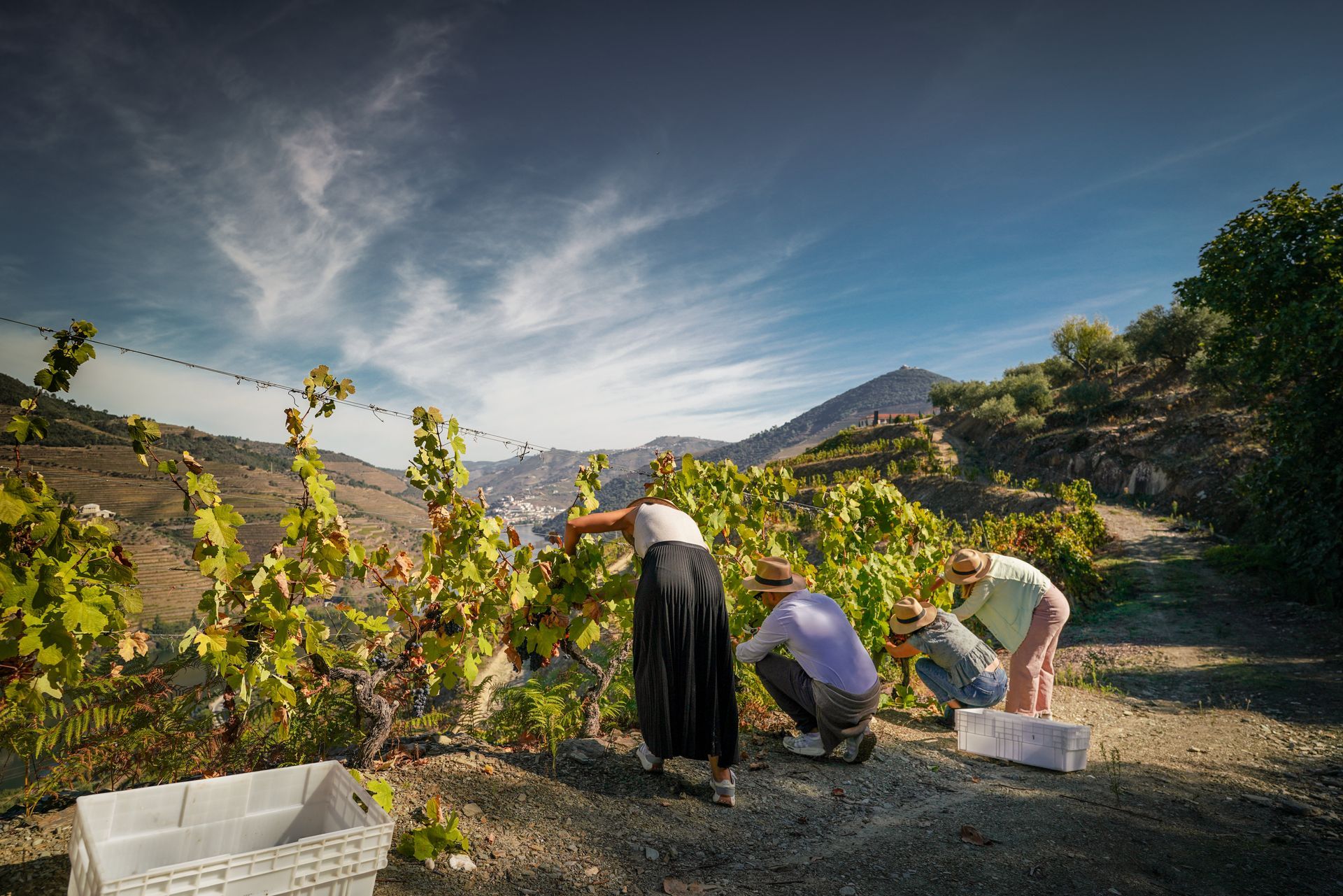
*Image Credits - Sogrape Wines
August 31, 2024
As the harvest season kicks off in the picturesque Douro Valley, a region renowned for producing the world-famous Port wine, the mood among local grape growers is far from celebratory. This year’s vindima, or grape harvest, comes at a time of significant turmoil, with the region's wine industry facing a severe crisis that has left many farmers in distress.
The core of the issue lies in the wineries' reluctance to purchase grapes from local farmers, a decision driven by an excessive stockpile of wine from previous harvests. Over recent years, the wine sector has been losing market share to other beverages, leading to declining sales and, consequently, an overflow of unsold wine. This surplus has made wineries hesitant to buy new grapes, and when they do, some offer prices that are often below the cost of production, leaving farmers struggling to cover their expenses.
In response to the escalating crisis, the Portuguese government has stepped in, exploring potential solutions to alleviate the situation. One proposed measure is the distillation of the excess wine currently held in stock by the wineries. The plan would involve converting this wine into brandy, which could then be used in the production of Port wine. This strategy would not only reduce the stockpiles but also create demand for this year's grape harvest, enabling wineries to resume purchasing grapes from farmers.
However, the legality and feasibility of this proposal are still under review, leaving the region's farmers in limbo as they await a definitive resolution.
Amidst the uncertainty, local grape growers have taken to the streets in protest. Their grievances go beyond this year’s crisis. Farmers have been voicing concerns over stagnant grape prices for nearly two decades, a situation that has been exacerbated by rising production costs. Despite the increasing expenses associated with cultivating and harvesting grapes, the prices paid by wineries have remained largely unchanged, placing immense financial strain on the region's agricultural community.
The protests highlight a broader issue of economic sustainability in the Douro Valley, where the cost of production continues to climb while the return on investment dwindles. The combination of stagnant prices, increased costs, and the current crisis has left many farmers questioning the viability of their livelihoods.
As the Douro's harvest season progresses, the uncertainty surrounding the sale of this year's grapes looms large. The government’s intervention, if successful, could provide a much-needed lifeline to the region's farmers. However, the situation underscores the urgent need for a more sustainable and resilient strategy for the Douro Valley's wine industry, one that ensures fair compensation for grape growers and addresses the evolving challenges of the global wine market.
The coming weeks will be critical in determining the future of this year’s harvest and, more broadly, the economic health of the Douro Valley. For now, the mood among farmers is one of cautious hope mixed with frustration, as they await concrete action to resolve a crisis that threatens not just this year’s crop, but the very fabric of their community.




